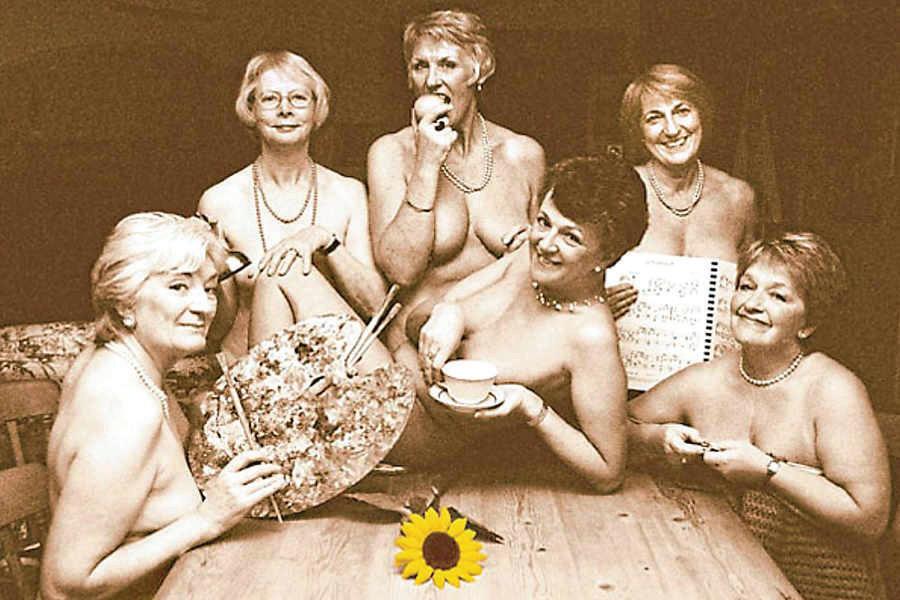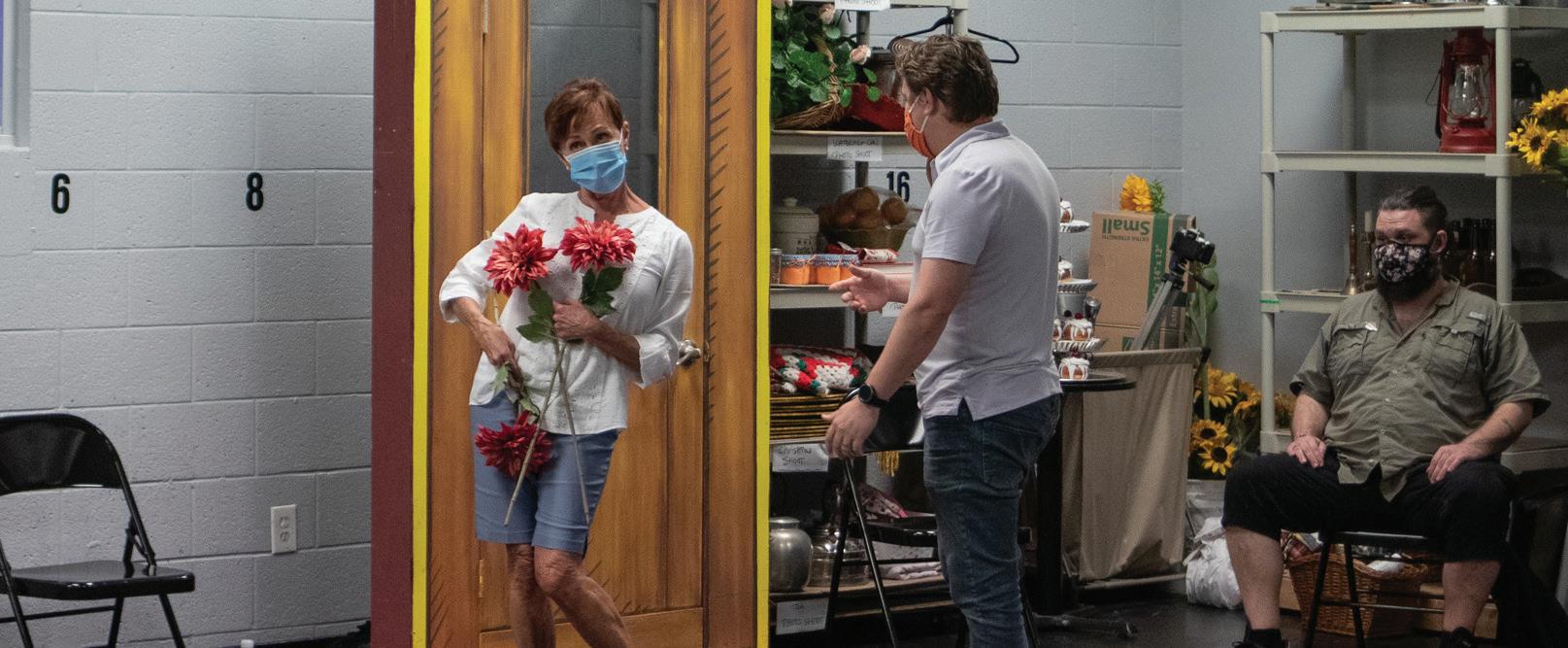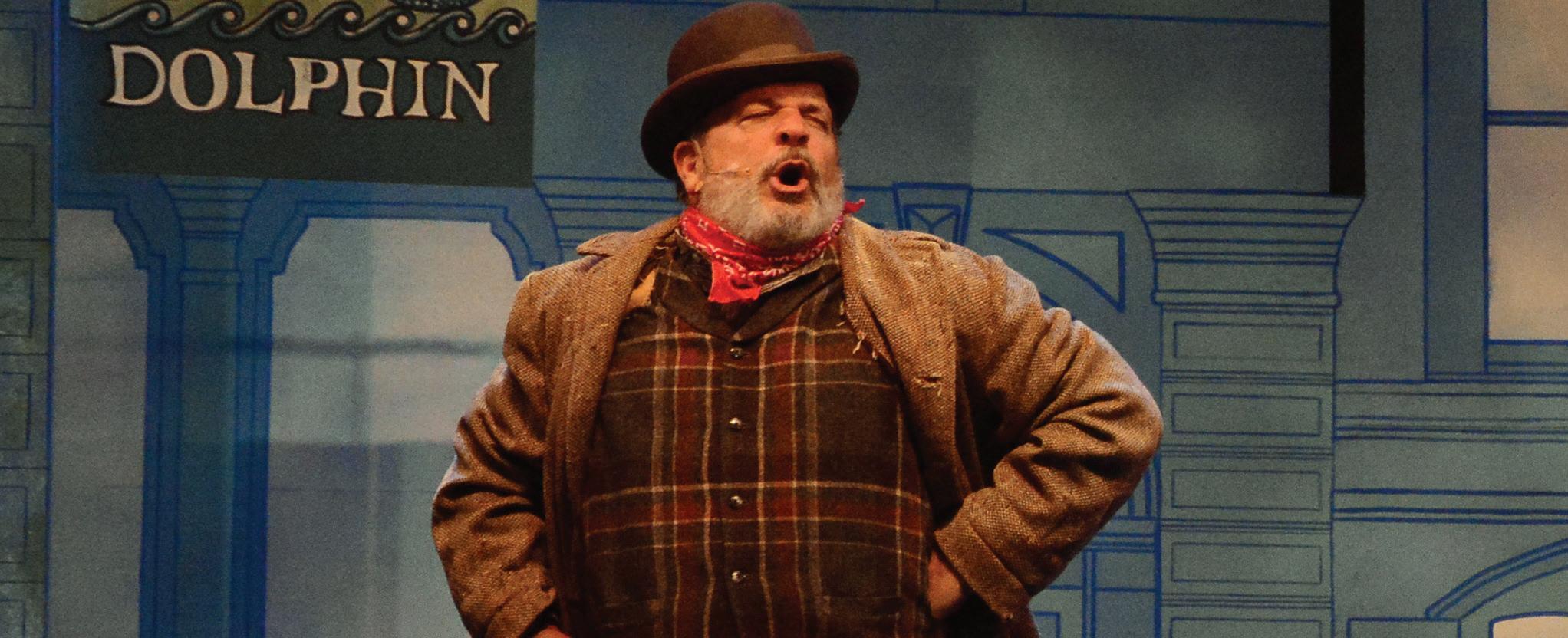
3 minute read
Meet The Playwright: Tim Firth
MEET THE PLAYWRIGHT: Tim Firth
Firth was born in Frodsham, England and spent much of his time at school writing songs. But shortly before going off to Cambridge, he took a course where he was required to write dialogue. That’s when he decided to become a writer.
After Cambridge, Firth was invited to meet Alan Ayckbourn and was commissioned to write a play. His one-act play was a success and led to the commissioning of a full-length play from Ayckbourn, Neville’s Island, which later transferred to London’s renowned West End. The play has been seen around the world and has been in almost continuous production since its premiere.
Along with his father, Gordon, Firth created a children’s audio book that later became a hugely successful TV series subsequently named one of the Greatest Children’s TV Shows of All Time. And the stage version of Firth’s TV movie The Flint Street Nativity became hugely successful.
Calendar Girls, adapted by Firth from his own film, found favor with audiences across the UK during its 2008/09 tour, and in the process broke the all-time British box office record for a play and continued to sell out during its West End residency. In 2010, the hit comedy embarked on a UK tour and has since been produced worldwide.
2013 marked the premiere of Firth’s first solo musical, This Is My Family, for which he wrote book, lyrics, and music. It premiered in June 2013 and subsequently went on a UK national tour. The show won the UK Theatre Award for Best New Musical.
The Girls directed by Firth and cowritten with Gary Barlow opened in 2017 and was nominated for three Olivier Awards. As Calendar Girls: The Musical, it had a national tour in 2018.
In 2017, Firth’s new musical The Band premiered at the Manchester Opera House, prior to a national tour, moving to the West End in 2018.

Tim Firth
Tim’s film credits include Calendar Girls (2002) that won a British Comedy Award and Kinky Boots (2004), Best International Film, Florida Film Festival.
Q&A With Tim Firth
How did you first hear of the Calendar Girls story?
Ironically, my mum cut a piece out of the paper when the story first broke. Her interest was pricked not only by the story but by the fact it took place in the village where, for the last 40 years, we had been going on holiday.
What challenges were there in adapting the story for the stage?
To avoid the structure becoming linear and stringy I felt the answer was to keep a limit on locations. Fortunately, there was an obvious location - the village hall; this kept the focus where it needed to be…on the women. Instead of the women going out to the world, the world came to the women.

What are the special or memorable moments in the play?
The stage show grew over several years before I finally settled on the printed text. That’s what I love about theatre - the ability to hone and refine. There is however always the fear you may eventually whittle your totem pole down to a toothpick. There were about five scenes in the original show that gradually got phased out including when a pair of hikers stumbled across the girls in the sunflowers. The WOW wreath moment came to me three years after the show had been running in the UK, when I was sitting in the stalls watching the Australian rehearsals.
Were there any problems getting such high caliber actresses to ‘bare all’?
Initially there is always reserve. Then a group spirit kicks in, the same spirit as must have prevailed during the shooting of the original calendar.









